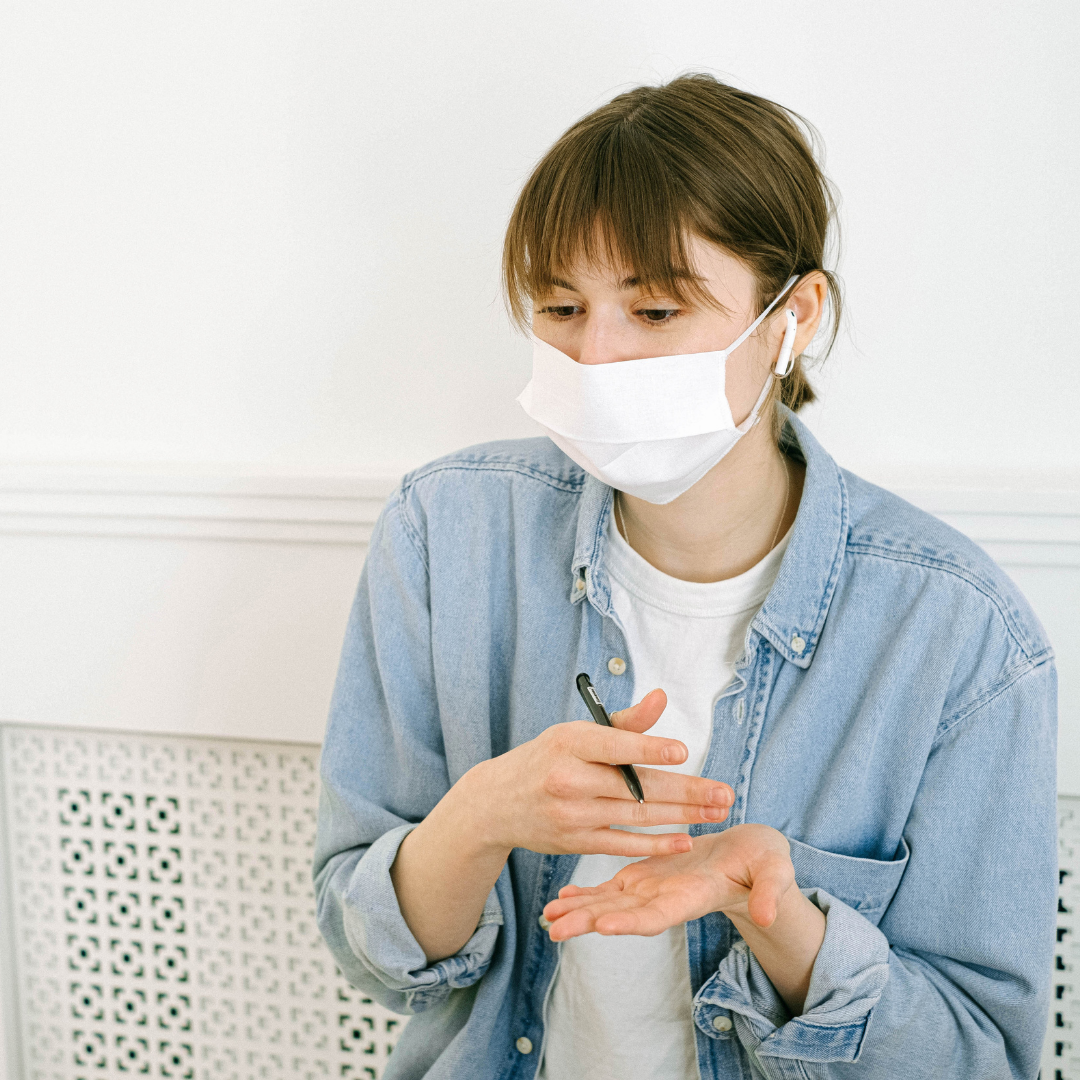Peers reduce Fears : A Parents’ Guide to COVID 19 with Teens
Peers reduce Fears : A Parents’ Guide to COVID 19 with Teens
Being among peers during times of stress may offer adolescents an open and supportive space which may help dampen the emotional turbulence that adolescence can bring.
By Jacqui Walker

Teenage years are a time of change, both physically and mentally. The coronavirus disease (COVID-19) is making it even harder for our teenage children. With school closures and cancelled events, many teens are missing out on some of the biggest moments of their young lives as well as everyday moments like chatting with friends and participating in class. This may be causing more stress than the danger caused by the virus itself.
A study by Bep Uink (2017) suggests that teens may cope with stress better when they are around peers than adults. Being among peers during times of stress may offer adolescents an open and supportive space which may help dampen the emotional turbulence that adolescence can bring. The stud y consistently found that teens who were with friends in the time immediately following a stressful event reported lower levels of sadness, jealousy, and worry and higher levels of happiness, than those alone or with adults. Whether they were with friends in-person or online did not seem to matter. The virus has closed schools, shops, sport centres, cafes, and parks… all the places that teenagers "hang out" with their peer groups. Teenagers have been confined to homes in the company of parents and siblings at an age when they are programmed to be seeking independence. On top of that, they are subjected to homeschooling and concerned parents trying to ensure that ‘screen time’ is not the only activity of the day. So how is your teenager reacting?
Is your teenager sleeping more, less communicative, engaging in more eye-rolling yawning, and shoulder shrugs? If so then be comforted as you have a normal teenager on your hands. Are you concerned that your teenager may be feeling anxious, lonely, angry, or frustrated and their lives becoming even more limited by the existence of the Virus? If you are then this is also a normal response. So how do you deal with anxieties that may be building within parents and children?
The first thing to do is acknowledge that these are normal feelings. Parents instinctively protect their children from harm and teenagers instinctively strive for independence. At this time there may be a clash of instincts and you and your teen will need to find a way of working with these opposing instincts. As parents help your child to maintain independence and contact with peer groups. Instead of removing screens, set rules and limits. Work with your teenager to draw up a usage contract. Negotiate terms so that they are actively involved in deciding how much time and when they can be online with friends. Allow them space and privacy to build trust and respect. Print the ‘contract’ and sign it. As parents, respect the contract as much as your teenager. The contract should contain consequences for both parties. This also a valuable life lesson as adults we enter into for contracts and agreements all the time. Providing clear boundaries and consistency is key. It eliminates confusion, provides stability, promotes independence, trust and respect. According to Dr. Kathryn Modecki, co-author of the aforementioned study “friends are an emotional tonic” and during the COVID 19 health crisis, our teenagers may need their friends more than they need parents and family.
Food for thought.
Author : Jacqui Walker founder of MBS Académie Mougins. Jacqui is a Psychologist registered with the British Psychological Society. She is a Dyslexia specialist, qualified to test, assess, develop and deliver programs. Jacqui is also a Psychotherapist, specialising in Cognitive Behavioural Hypnotherapy.


